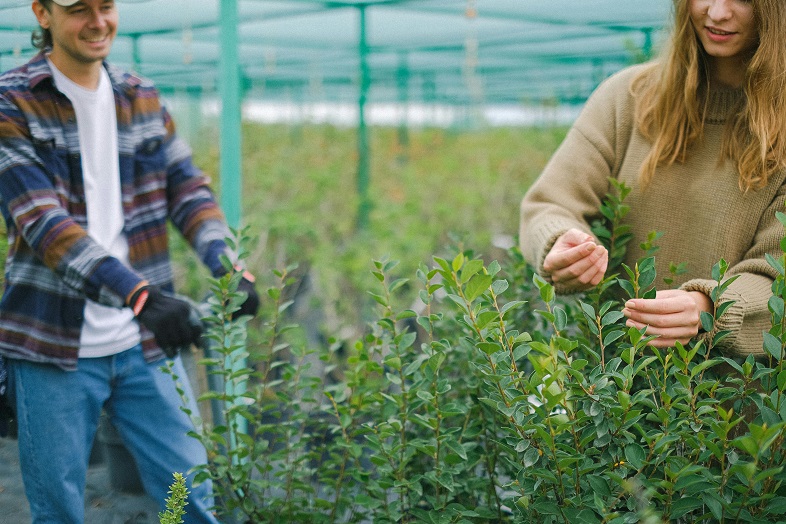The meals and beverage industry operates on the muse of acceptance as true, turning in safe and exquisite merchandise to clients. Central to retaining this agreement is the rigorous practice of fine control, which guarantees that each product meets protection and first-rate standards. Among the many elements influencing meal protection and excellent, water and soil trying out play a critical position.
The Role of Water in Food Production
Water is a fundamental factor within the food and beverage enterprise, used not best as a component but also for cleansing, processing, and irrigation. Contaminated or substandard water can compromise product safety and cause critical health dangers for consumers.
Key Parameters for Water Testing:
- Microbiological Contamination: Testing for pathogens like E. Coli, Salmonella, and Listeria is essential to save you from foodborne illnesses.
- Chemical Contaminants: Detecting harmful substances which include heavy metals, pesticides, and commercial chemical substances ensures water protection.
- Physical Properties: Parameters like turbidity, pH tiers, and dissolved solids impact the fine and taste of meals and drinks.
Regular water testing enables producers to keep hygiene requirements, comply with regulatory necessities, and convey regular, outstanding merchandise.
The Importance of Soil Testing
Soil satisfaction directly influences the protection and dietary value of agricultural produce. Contaminated or nutrient-deficient soil can bring about lower yields and that fails to meet exceptional requirements.
Key Parameters for Soil Testing:
- Nutrient Levels: Ensuring the proper stability of essential vitamins like nitrogen, phosphorus, and potassium promotes a wholesome crop boom.
- PH Levels: The acidity or alkalinity of soil affects nutrient availability and plant health.
- Contaminants: Testing for heavy metals, pesticides, and other pollutants prevents their transfer into the food chain.
- Microbial Analysis: Identifying useful or harmful microorganisms aids in keeping soil healthy.
By checking out soil frequently, farmers can optimize crop manufacturing, reduce using chemical fertilizers, and ensure the cultivation of safe, extremely good produce.
Benefits of Water and Soil Testing in Quality Control
- Consumer Safety: Identifying and mitigating contaminants reduces the threat of foodborne ailments.
- Regulatory Compliance: Testing guarantees adherence to country-wide and international safety standards.
- Enhanced Product Quality: Clean water and fertile soil contribute to better flavor, texture, and dietary price of food products.
- Sustainability: Monitoring and managing resources responsibly promotes environmental conservation.
- Brand Reputation: Consistently handing over safe and extraordinary merchandise builds patron belief and loyalty.
Conclusion
In the meals and beverage industry, preserving protection and niceness is non-negotiable. Water and soil testing are critical equipment in this endeavor, permitting producers to become aware of capacity dangers and take corrective actions. By investing in these essential fine manipulation measures, companies can uphold the highest requirements, guard public health, and make contributions to a sustainable meal device.


Leave a Reply